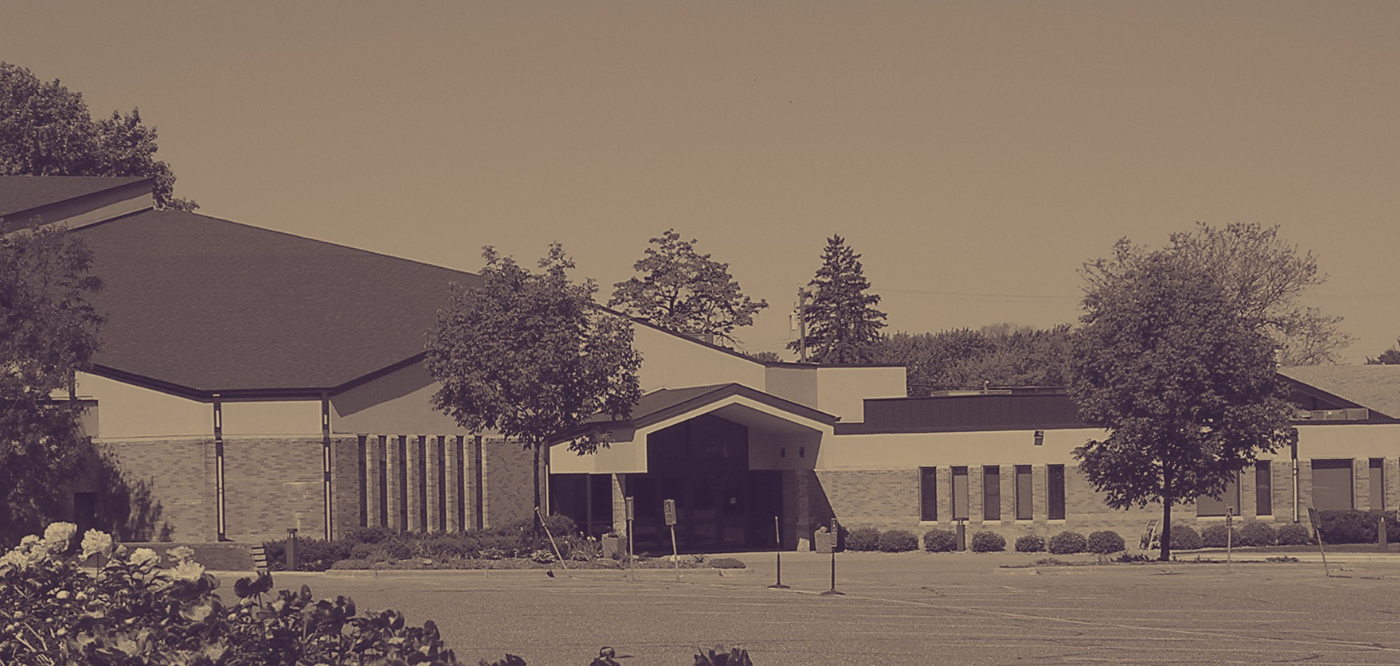
The desire for peace is a universal longing, a theme we are reminded of every Advent season. Some believe that global peace is possible, while others believe it is wishful thinking. On the one hand, to think that humans can achieve peace is utterly naïve. In this regard, I appreciate the irony noted by Christopher Watkin in his scathing critique of “utopianism,”
“The danger of this position is that if we believe it, it becomes easier to justify any means to achieve this supremely desirable end of bringing about paradise. It is the sin of violent revolutions that consider any finite bloodshed excusable in the service of the ultimate good.”[1]
As Christians, we are right to dismiss any fancy that human beings can usher in an everlasting era of peace. But to say that peace is only for the realm of fiction is also profoundly unbiblical. As you navigate the biblical storyline, peace is central to the unfolding drama and integral to the gospel.
Anticipation of Peace
As we explore this theme of peace in the biblical story, we need to listen to the Old Testament prophets. Isaiah, for instance, foresaw a Ruler who would usher in peace (Heb. shalom). Isaiah 9:6-7 looks forward to the “Prince of Peace,” the one who would bring an “increase” “of peace” (Is. 9:6-7). Zechariah 6:12-13 likewise speaks about an individual called “the Branch” who will “build the temple of the Lord. It is he who shall build the temple of the Lord and shall bear royal honor, and shall sit and rule on his throne. And there shall be a priest on his throne, and the counsel of peace shall be between the both” (Zech. 6:12-13 ESV). In Zechariah 9:10 the prophet speaks about the King who would ride into Jerusalem on a donkey who would “speak peace to the nations” (ESV).
Announcement of Peace
Luke picks up this theme of peace in the opening chapters of his Gospel. In fact, the Gospel of Luke uses the word peace (Gr. eirene) more than any other book in the New Testament. When Zechariah, the father of John the Baptist, prophesies about his son’s role he says that he will prepare for Messiah “to give light to those who sit in darkness and in the shadow of death, to guide our feet into the way of peace” (Luke 1:79 ESV, note the allusion to Isaiah 9:2, 6). In Luke 2:14 the army of angels announces, “Glory to God in the highest, and on earth peace among those with whom he is pleased” (ESV).
Application of Peace
When Jesus announces “peace” to individuals in his ministry, I think we should hear more than a typical semitic greeting. When Jesus says to the sinful woman (Luke 7:37) who washed his feet, “Your faith has saved you; go in peace,” (Luke 7:50 ESV) Jesus is inaugurating what the prophets foretold and what the angels announced. In Luke 8:42-44 a woman touches the corner of Jesus’ garment who suffered from bleeding for twelve years and “Immediately her discharge of blood ceased” (Luke 8:44 ESV). Jesus says, “Daughter, your faith has made you well; go in peace” (Luke 8:48 ESV). In one of his post-resurrection appearances Jesus says to the disciples, “Peace to you” (Luke 24:36 ESV). Again, Jesus is bringing the peace that the prophets anticipated. His announcement of peace is a sign of God’s kingdom.
Implications for Today
Watkin notes that a Christian perspective avoids “pessimism” and “utopianism.”[2] Peace is not possible by the willpower and strength of humanity. But the Bible announces that peace will one day be a reality in all its fullness in God’s kingdom (Rev. 21:4).[3] In God’s kingdom, we have a restored relationship with God (i.e., “justified by faith”) because of the work of Jesus (Rom 5:1). But the implication of the gospel also impacts our interpersonal relationships (Eph. 2:15-17). Our relationships—broken as they are—will one day be fully healed because of the work of Jesus (Eph. 4:1-16). So, as Christians we have a sure hope of peace, not because we have the capacity in ourselves to bring it about, but because we worship the one who is called, Prince of Peace. Because we have a glorious vision of the future, we as followers of Jesus should strive to be at peace. “But according to his promise we are waiting for new heavens and a new earth in which righteousness dwells. Therefore, beloved, since you are waiting for these, be diligent to be found by him without spot or blemish, and at peace” (2 Peter 3:13-14 ESV).
[1] Christopher Watkin, Biblical Critical Theory: How the Bible’s Unfolding Story Makes Sense of Modern Life and Culture (Grand Rapids, MI: Zondervan Academic, 2022), 161.
[2] Watkin, 161.
[3] Watkin, 165.

About the Author
Tucker Anderson
Tucker Anderson served at Calvary Church 2015 to 2023. He is a graduate of Bethel Seminary and The Southern Baptist Theological Seminary. His passion is helping people develop a biblical worldview by understanding the relationship between the Old Testament and New Testament.


